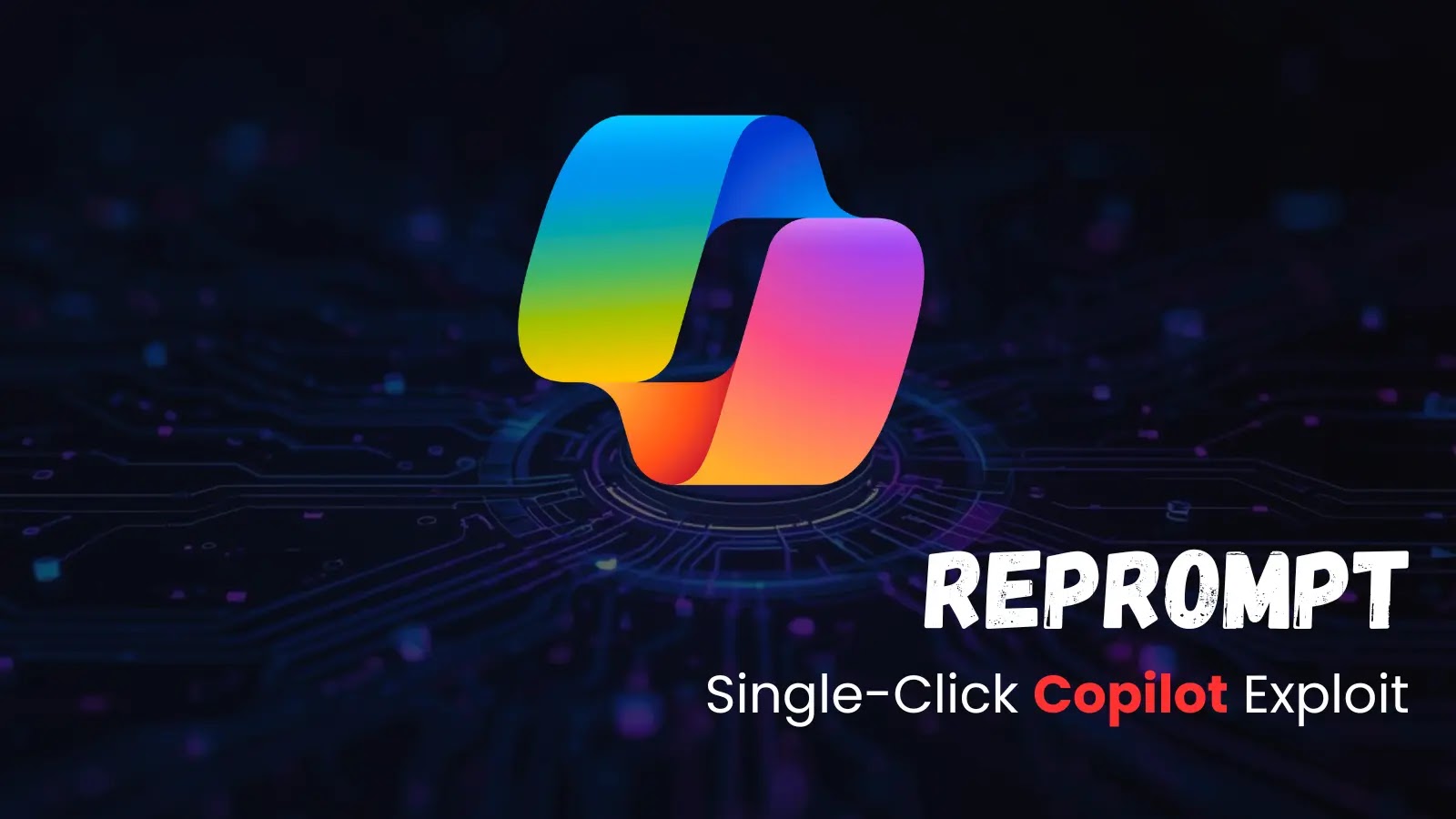In recent years, artificial intelligence (AI) has transitioned from an emerging technology to a central component in enterprise operations. However, this rapid integration has introduced significant data security challenges. A recent report by LayerX, a company specializing in AI and browser security, reveals that AI tools have become the primary, yet largely unmonitored, conduit for corporate data exfiltration.
Rapid Adoption of AI Tools
The adoption rate of AI tools in enterprises has been unprecedented. Within just two years, nearly 45% of enterprise employees are utilizing generative AI applications, with ChatGPT alone accounting for 43% of this usage. AI applications now represent 11% of all enterprise application activity, rivaling traditional file-sharing and office productivity tools.
Lack of Governance and Oversight
Despite widespread adoption, the majority of AI tool usage occurs without proper governance. Approximately 67% of AI interactions are conducted through unmanaged personal accounts, leaving organizations without visibility or control over the data being processed. This lack of oversight poses significant risks, as sensitive corporate information may be inadvertently exposed or misused.
Unmonitored Data Transfers
A particularly concerning aspect is the method of data transfer into AI platforms. While file uploads are a known risk, the predominant channel for data leakage is through copy-paste actions. The report indicates that 77% of employees paste data into generative AI tools, with 82% of these actions occurring via unmanaged accounts. On average, employees perform 14 paste actions per day using personal accounts, with at least three containing sensitive data.
Misconceptions About Account Security
There is a common misconception that using corporate accounts ensures data security. However, the report highlights that even when employees use corporate credentials for high-risk platforms like Customer Relationship Management (CRM) and Enterprise Resource Planning (ERP) systems, they often bypass Single Sign-On (SSO) protocols. Specifically, 71% of CRM and 83% of ERP logins are non-federated, rendering corporate logins as vulnerable as personal ones.
Instant Messaging as an Overlooked Risk
Beyond AI tools, instant messaging platforms also present significant data security challenges. The report notes that 87% of enterprise chat usage occurs through unmanaged accounts, with 62% of users pasting Personally Identifiable Information (PII) or Payment Card Information (PCI) into these platforms. This dual blind spot of shadow AI and shadow chat creates a continuous risk of sensitive data leaking into unmonitored environments.
Implications for Data Security Strategies
These findings underscore the need for organizations to reassess their data security strategies. Traditional Data Loss Prevention (DLP) tools, designed for sanctioned, file-based environments, are ill-equipped to address the dynamic and unmonitored nature of AI tool usage. Security teams must shift their focus to these emerging channels to effectively safeguard sensitive corporate data.



